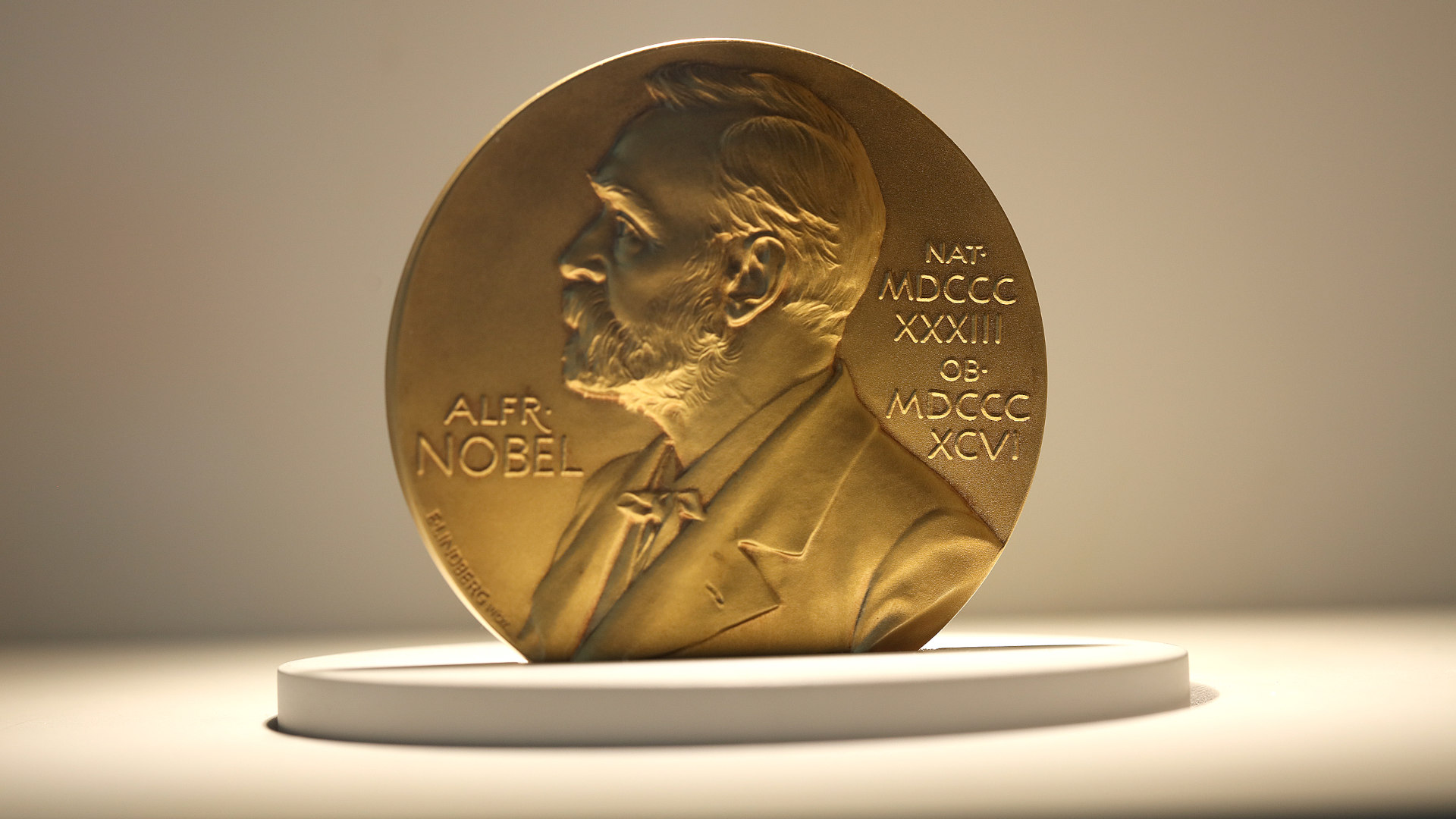While Nobel Prize announcements have always been newsworthy celebrations of discovery, recent years’ events have been successful in a much more important task: fostering important global discussions around the process of science. This is especially true for the 2024 prizes, which have highlighted the increased relevance of technology and magnified existing questions about where — and how — discovery happens.

In the life sciences, the 2024 announcement picks up on a discourse that began after the previous year’s prize was announced. The 2023 Nobel Prize in physiology or medicine was given to Drew Weissman and Katalin Karikó “for their discoveries concerning nucleoside base modifications that enabled the development of effective mRNA vaccines against COVID-19.” The award was notable because of its direct reference to Covid-19, and because of conversations surrounding Karikó’s career trajectory. After being demoted from a tenure-track position in the 1990s, Karikó has said she was forced to retire from her position at the University of Pennsylvania in 2013. The announcement created an instant stir within the scientific community around a basic question: What does the 2023 award say for how merit operates in academic science?
The 2024 prize in this category created less furor but contains some of the same controversy surrounding how scientists are evaluated. One of the 2024 laureates, developmental biologist Victor Ambros, was denied tenure at Harvard University three decades ago, offering yet another example of how our system of promotion uses questionable criteria. In consecutive years, Nobel Prize winners had faced challenges in the modern academic ecosystem.
The debates around the profession should not distract us from the intrigue in the awarded science. The 2024 Nobel Prize in physiology or medicine was given to Ambros and Gary Ruvkun “for the discovery of microRNA and its role in post-transcriptional gene regulation.” This was the second consecutive year that it was awarded for a discovery involving RNA. The microRNA discovery was a revolutionary movement in molecular biology because it revealed — along with the discovery of catalytic RNA, which was awarded the 1989 Nobel Prize in chemistry — how RNA plays a central role in a breadth of cellular processes.
What does this say about modern biology? The back-to-back RNA-related prizes speak to an era in which we are learning to appreciate the hidden actors that play a critical role in how life is made and operates at the molecular level. (This theme is covered in 1989 Nobel laureate Thomas Cech’s recent book, “The Catalyst.”) RNA has long played second fiddle to its cousin, DNA. Our prior conceptions of the molecular basis of life are embodied in the classical central dogma of molecular biology (of genetic information flowing from DNA to RNA to protein) and related frameworks. These Nobel Prizes show that those conceptions might need some reflection, refining, or reimagination.
This acknowledgement of lesser-appreciated actors in the science of life was also a character in the story of the 2024 Nobel Prize in chemistry, half going to David Baker and the other half shared by Demis Hassabis and John Jumper, for discoveries related to cracking the code underlying the structure of proteins. The progress made in understanding the protein folding problem — the mystery of how a protein’s underlying amino acid sequence is transformed into its functional three-dimensional structure — is unquestionably one of the great mysteries in all of science.
The back-to-back RNA-related prizes speak to an era in which we are learning to appreciate the hidden actors that play a critical role in how life is made and operates at the molecular level.
One important detail in the 2024 chemistry prize involves the role of scientific institutions. Hassabis and Jumper did a lot of the groundbreaking work at the company DeepMind, on the computer program AlphaFold, which uses AI to accurately compute the structures of millions of proteins. This further highlights the role of non-academic institutions in basic science and was a tertiary part of the Karikó and Weissman story: They also had built aspects of their mRNA vaccine technology in the biotech industry. The 2024 prizes fortify the notion that academia does not own a copyright on original, exploratory, basic research. Discovery is happening at institutions of various kinds.
The involvement of DeepMind also emphasizes the new appreciation for the role of technology — computing in particular — in the study of the natural world. This issue has also been visible in conversations around the 2024 Nobel Prize in physics. It was shared by John J. Hopfield and Geoffrey Hinton “for foundational discoveries and inventions that enable machine learning with artificial neural networks.”
Notably, the term “physicist” wouldn’t show up on any of Hinton’s job descriptions. He is a computer scientist, whose prize-winning contribution was the use of “tools from statistical physics” in developing a computational advance. While the physics world might celebrate an award given to a mathematician every now and then (for example, Roger Penrose in 2020), a card-carrying computer scientist is less familiar. But there are productive versions of the conversation around disciplinary boundaries, ones that lead to useful reflections on how scientific categories are fluid and require expanded definitions (such as “What is biophysics?”). Furthermore, an increasing body of literature speaks to the benefits of relative generalists in innovation, those often devoid of allegiance to categories and able to converse with people with multiple sorts of expertise. Interestingly, this description applies to the other awardee, Hopfield, as well. Though he was formally trained in physics, he has worked across different disciplines (including biology) for decades.
The 2024 prizes fortify the notion that academia does not own a copyright on original, exploratory, basic research. Discovery is happening at institutions of various kinds.
Finally, awarding the physics prize to a computer scientist speaks to what might be the strongest legacy of the 2024 physics and chemistry prizes: the formal integration of computational tools like AI and machine learning into basic science discovery. These prizes quickly spawned a debate around whether it was truly reflective of fundamental breakthroughs in physics or chemistry. In the case of AlphaFold, conversations also revolved around how the AI was influenced by existing technologies and data sources, such as the Protein Data Bank, a repository of more than 200,000 protein structures. The discussion resembles those surrounding the ethics of large language models like ChatGPT and how they are similarly based on training data from other sources.
The 2024 Nobel Prizes teach us that the coming age of the machines won’t only affect our daily chores or how we entertain ourselves. The algorithms are now a fundamental feature of scientific discovery. The dubious nature of merit has always plagued our attempts to reward some over others. And in our future attempts to deliver the greatest scientific honor in the world, we might be faced with a new challenge: Technology has made it difficult to discern where the human brains end and the computer bytes begin.











